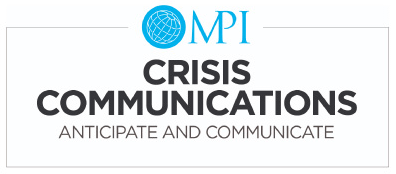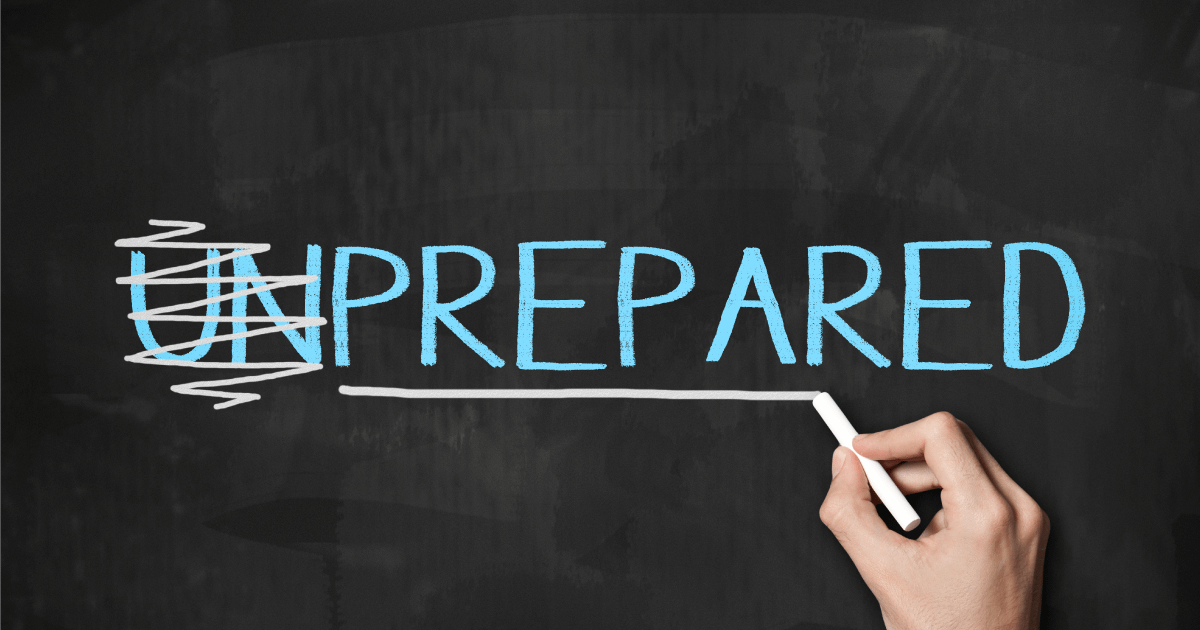• Know the right audience, channel, and time
You’ve all heard the phrase “be prepared for the unexpected.” It’s an often used phrase which can be confusing. After all, how can you prepare for something you don’t expect to happen? Believe it or not, a crisis communications plan can help you be prepared in the event of a crisis and there are easy steps you can take to create one. Throughout this process it’s important to remember, the court of public opinion moves at a rapid pace and social media promotes snap judgments.
The first step you must do when creating a crisis communications plan is audit your event for vulnerabilities.Your crisis communications team should consist of your CEO, top Public Relations executive, legal counsel, and department heads. Bring your team together and ask yourselves, “Do we have a captive digital audience?”, “Do we have established channels to communicate to our audience?”, “Who’s responsibility is it to manage those channels?” Brainstorm any potential crises your event may run into. There are many different types of crises, such as natural, technological, confrontational, malevolent, organizational misdeeds, rumors, sudden, and more. It’s important to think outside the box in order to be the most prepared.
After auditing your event for vulnerabilities, you must identify and train your spokespeople. A lot of event social media is handled by the marketing team and most of them are completely unaware that crisis communications is part of their job. You have to inform and train them on what to do in an emergency. Keep in mind that communication includes both internal and external communication. Your spokespeople may be different depending on who you’re communicating to.

The next step in preparing your communications plan is establishing means of communicating. Will you communicate using social media? What platform will you use? Knowing how you’ll communicate before you need to is essential to being prepared. You also need to set expectations for your attendees. If you plan to use Twitter in the event of an emergency, you need to tell your attendees that beforehand. A new study, published in Proceedings of National Academy of Sciences, claims people who get updates during a major crisis from unofficial channels, like random social media accounts, are most exposed to conflicting information and experience the most psychological distress. It’s important you and your attendees understand that your social media channels are official channels and lack of communication can lead to anxiety and distress.
Related Article: Crisis Communications: The Most Important TweetThe final step in preparing a communications plan is knowing your message and the frequency of your communication. Take the time to draft holding messages and get them approved by your legal counsel before a crisis occurs. This will cut down on any legal issues or organizational red tape your spokespeople may encounter when communicating during a crisis. Know how often you want to communicate. You should provide up-to-date messages at least every 30 minutes, even if the message is simply, “We have no new information to provide at this time.”
Take these steps to establish a rough outline of a crisis communications plan. Audit your event’s vulnerabilities, identify and train your spokespeople, establish means of communication, know your message and how frequently you plan to communicate. These simple steps will help prepare you for the unexpected and make crucial decisions for your event.







